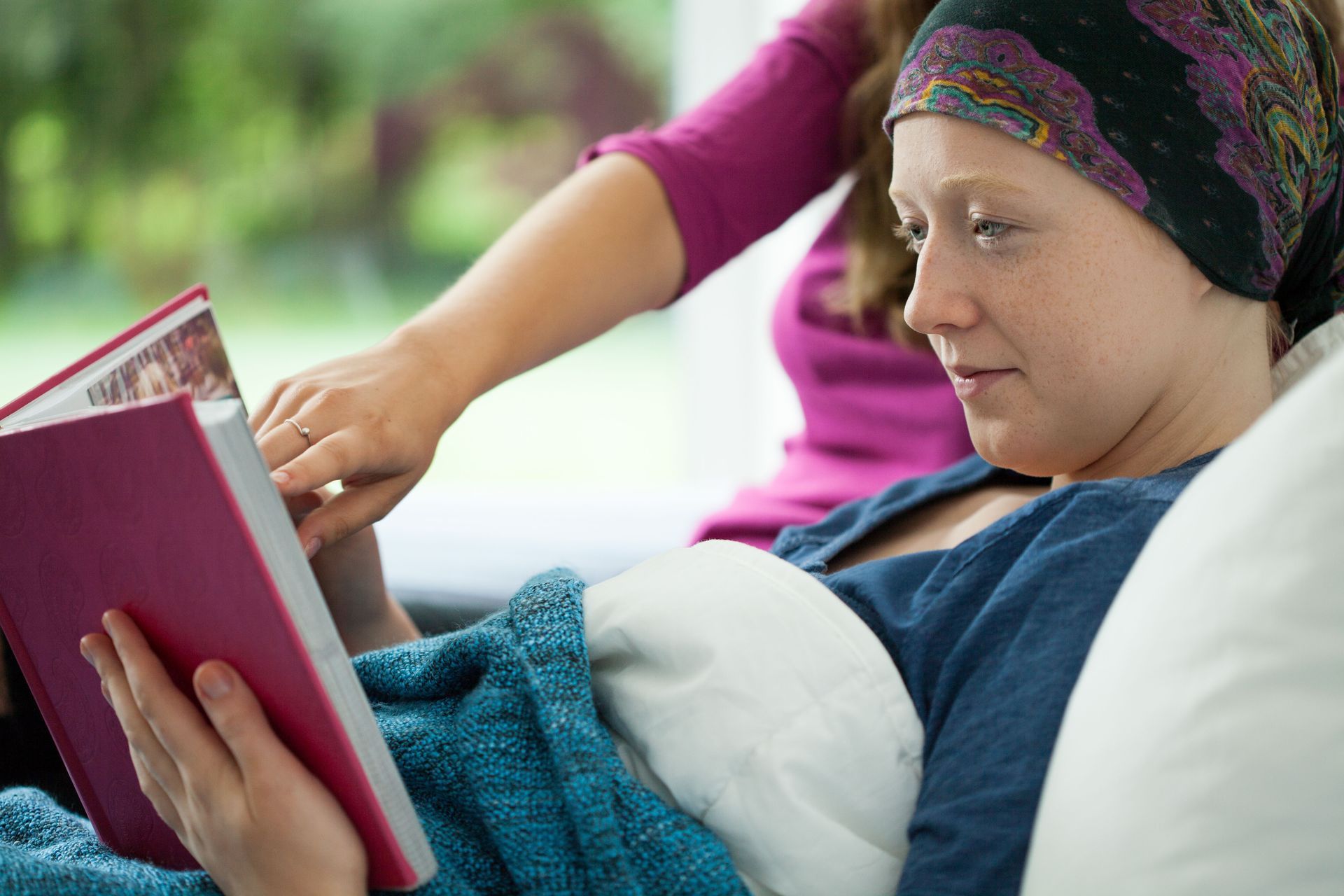Skincare for Chemotherapy Patients: How to Protect and Nourish Your Skin During Treatment
Understanding Chemotherapy’s Impact on Your Skin
Chemotherapy is a powerful treatment that helps fight cancer, but it can also take a toll on your skin. Many patients experience dryness, sensitivity, rashes, and irritation as common side effects. Because chemotherapy targets rapidly dividing cells, it affects not only cancer cells but also healthy skin cells, leading to a weakened skin barrier. Proper skincare during treatment is essential to keeping your skin healthy and comfortable.
Gentle Cleansing to Reduce Irritation
When undergoing chemotherapy, your skin becomes more sensitive and prone to irritation. Opt for a mild, fragrance-free cleanser that doesn’t strip your skin of its natural moisture. Look for gentle formulas with hydrating ingredients like glycerin or aloe vera. Avoid exfoliating cleansers or harsh scrubs, as they can further irritate delicate skin.
Hydration is Key
One of the most common skin side effects of chemotherapy is extreme dryness. Hydrating your skin regularly with a rich, fragrance-free moisturizer helps restore lost moisture and strengthen the skin barrier. Ingredients such as hyaluronic acid, ceramides, and shea butter can provide intense hydration. Applying moisturizer immediately after bathing helps lock in moisture and prevent excessive dryness.
Protecting Your Skin from the Sun
Chemotherapy can make your skin more sensitive to the sun, increasing the risk of burns and hyperpigmentation. Always use a broad-spectrum sunscreen with SPF 30 or higher, even on cloudy days. Choose a sunscreen with physical blockers like zinc oxide or titanium dioxide, as they are less likely to cause irritation. Wearing protective clothing, hats, and sunglasses can also help shield your skin from UV damage.
Avoid Harsh Ingredients and Fragrances
During treatment, your skin may react more strongly to certain ingredients. Avoid skincare products that contain alcohol, sulfates, parabens, and synthetic fragrances, as they can trigger irritation. Instead, opt for gentle, hypoallergenic products designed for sensitive skin.
Soothing and Treating Skin Irritations
If you experience redness, itching, or rashes, using calming ingredients like oatmeal, chamomile, and calendula can help soothe inflammation. Cooling gels or creams containing aloe vera or allantoin can provide relief for irritated areas. For persistent skin issues, consult your oncologist or dermatologist for recommendations.
Kureology M.D.: A Skincare Solution for Cancer Patients
Finding the right skincare products during chemotherapy can be overwhelming. Kureology M.D. specializes in skincare products designed specifically to address the unique needs of those undergoing cancer treatment. These products are formulated with gentle, nourishing ingredients that help soothe, hydrate, and protect compromised skin. Incorporating Kureology M.D. into your routine can provide an added layer of comfort and care during your treatment journey.
Final Thoughts
Taking care of your skin during chemotherapy is an important part of maintaining comfort and well-being. By choosing gentle, hydrating, and protective skincare products, you can minimize irritation and keep your skin feeling as healthy as possible. Kureology M.D. understands the unique skincare needs of cancer patients and is here to provide guidance and support. If you have concerns about your skin during treatment, reach out to Kureology M.D. for personalized skincare recommendations that can help you through this journey.





Share On: